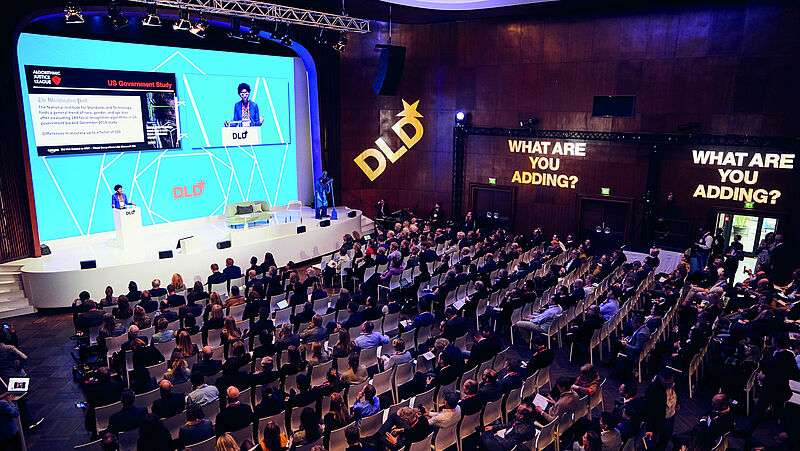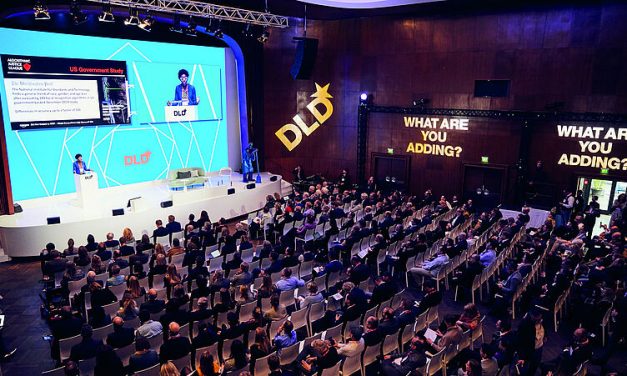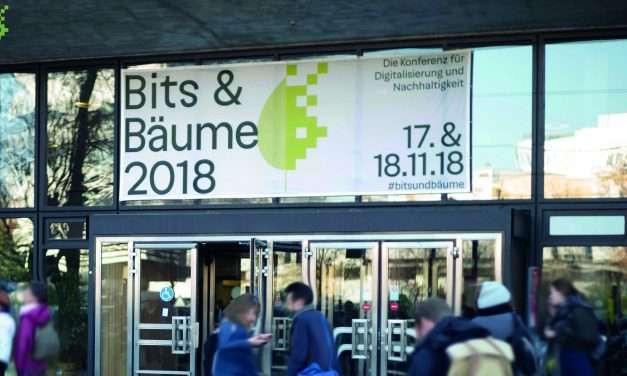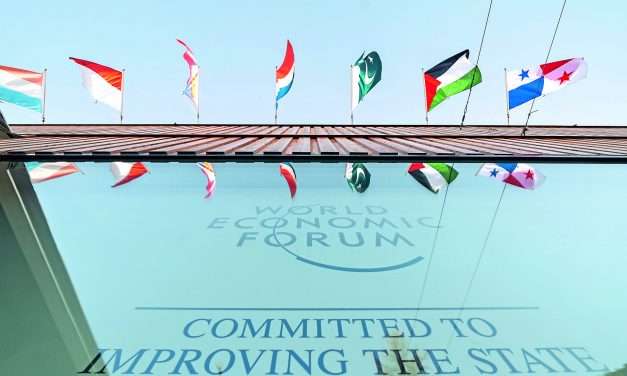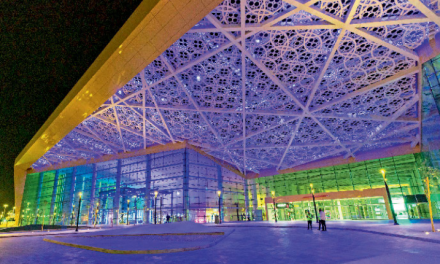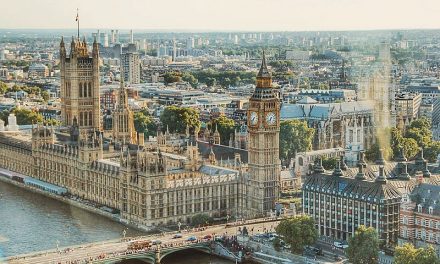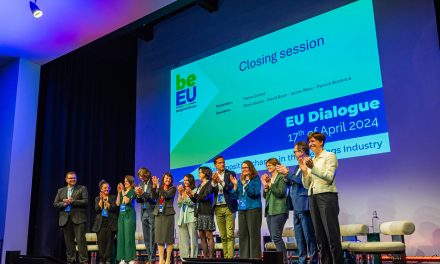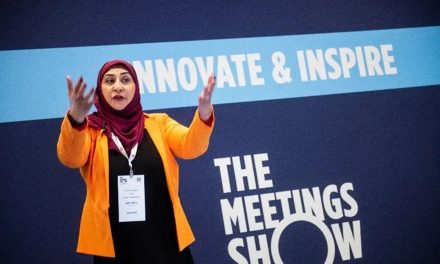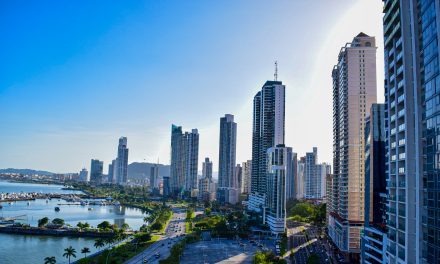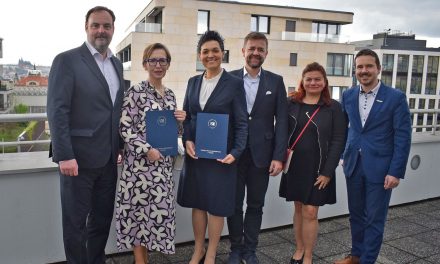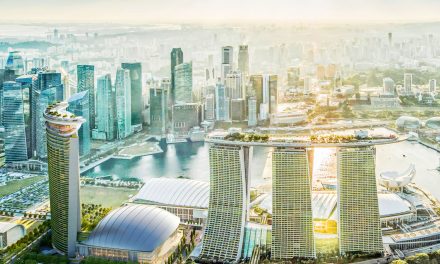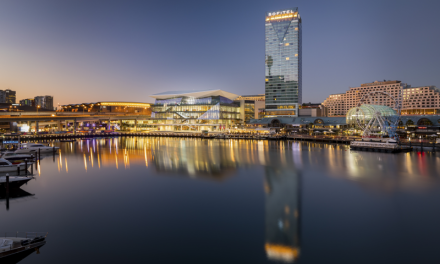Looking ahead. At the beginning of this new decade, what we need is a heightened focus on the challenges of a world that is becoming increasingly complex. The 50th World Economic Forum (WEF) in Davos closed with an urgent appeal to combine economic growth with environmental objectives. Uncurbed expansion and growth can no longer be allowed, given the risk to the climate. Young people all over the world are making that point vehemently. Managing the balancing act between growth and the environment is a particular challenge for the meetings industry, which is dependent on travel. Like any other industry, it often seems to regard constant growth as an imperative, something criticised by Zukunftsinstitut in a study entitled “Next Growth” published in January 2020. This damages our planet irreparably and endangers the foundations on which we depend for our continued existence, according to the study. Zukunftsinstitut advocates a shift from an economy that maximises profits to one that works for the common good. We need to care for our environment and develop a new culture as consumers.
Digitalisation is now the most important prerequisite for economic success. The fact that the World Economic Forum’s Global Competitiveness Index now ranks Germany only 7th can be attributed to the weakness of its IT sector, which comes in at a lowly 38th place. At the Digital Summit in October 2019 at Messe Dortmund, Peter Altmaier, the German Federal Minister for Economic Affairs and Energy, advocated the nationwide expansion of the 5G network and said, “In the future, data will be our most important raw material.” There are many conferences revolving around the demand for Europe to have its own data infrastructure or the consequences of digitalisation for environmental policy. According to the French think tank “The Shift Project” in 2019, the use of digital technologies and the associated infrastructure is responsible for 4 per cent of global C02 emissions. The third Bits & Bäume conference, held on 15 January 2020 in Berlin, considered the sustainability of digitalisation. The organisation advocates a sustainable approach to digitalisation and has published 11 demands on its website.
The international conference Digital Life Design (#DLD20) from 18 to 20 January 2020 in Munich urged people to take responsibility with the motto “What are you adding?” 1,500 delegates discussed whether technology, given the cost effectiveness of digital platforms, can be neutral. As a result of data misuse, fake news, radicalisation and interference in elections, demands for the online world to be subject to regulation to preserve ethical principles are getting louder. “We have to make democracy more resilient so that it cannot be destroyed by technology of any kind,” demanded Marietje Schaake, a former MEP who is now Director of the Cyber Policy Center at Stanford University. In January 2020, even Google boss Sundar Pichai spoke in favour of the regulation of artificial intelligence (AI) applications on a visit to Brussels. He believes legislation is indispensable to control how facial recognition technology is used, in particular. The European Union is currently considering a temporary ban on the use of facial recognition technology in public spaces.
Meetings and events will be focusing even more strongly on digitalisation in 2020, forecasts the international event management agency Proske. CFO Markus Struppler believes augmented and virtual reality technology is among the most important trends, delivering experiences that go far beyond what is possible with conventional presentations. He points out that custom offerings can be created with AI, and this pays off in the course of strategic meeting management. Device-independent solutions that enable participants to get all the information they need from an online platform and actively engage with the content provide organisers with a comprehensive overview, maintains Struppler. Small meetings organised at departmental level and then handed over to a central procurement department have the potential for greater efficiency. As a huge trend in 2020, sustainability also features prominently in Proske’s thoughts, as you would expect.
To the digital conference hub.berlin at Station Berlin on 1 and 2 April 2020 10,000 delegates will be coming. The event is being held by Bitkom, the German industry association for the digital economy. “It has never been as easy as it is now, in the digital age, to combine economic growth and environmental protection,” said Achim Berg, Bitkom’s President, in Davos this year. “We need a global digital strategy from which the economy, our society and the environment all benefit.”
- The movement of digitization and sustainability originated at the conference “Bits&Bäume” 2018 in Berlin Photo: Santiago Engelhardt
- Combination of economics and ecology demanded at Davos in 2020 Photo: WEF
- hub.berlin welcomes 10,000 international digital experts. Photo: Bitkom

